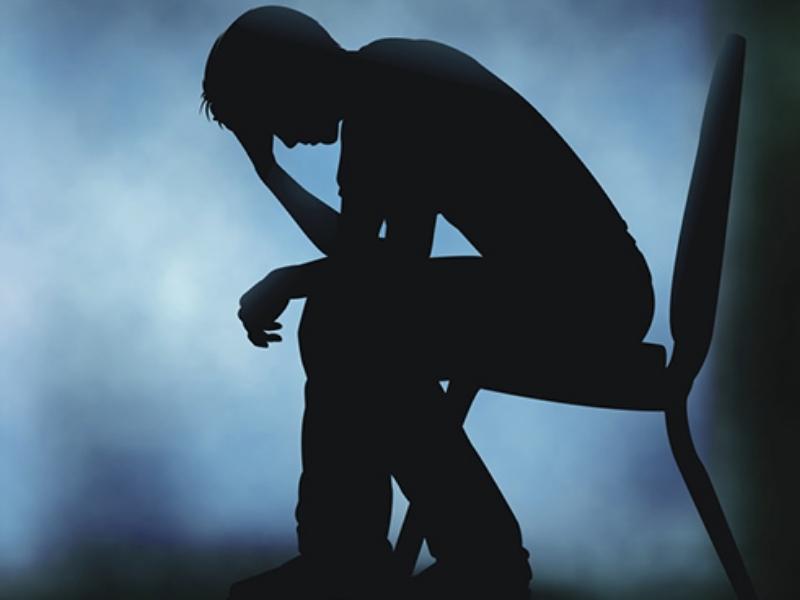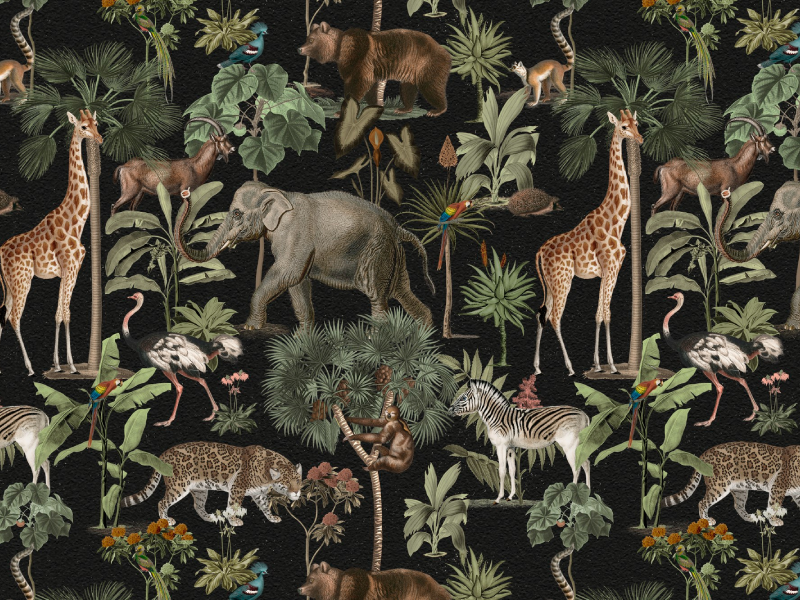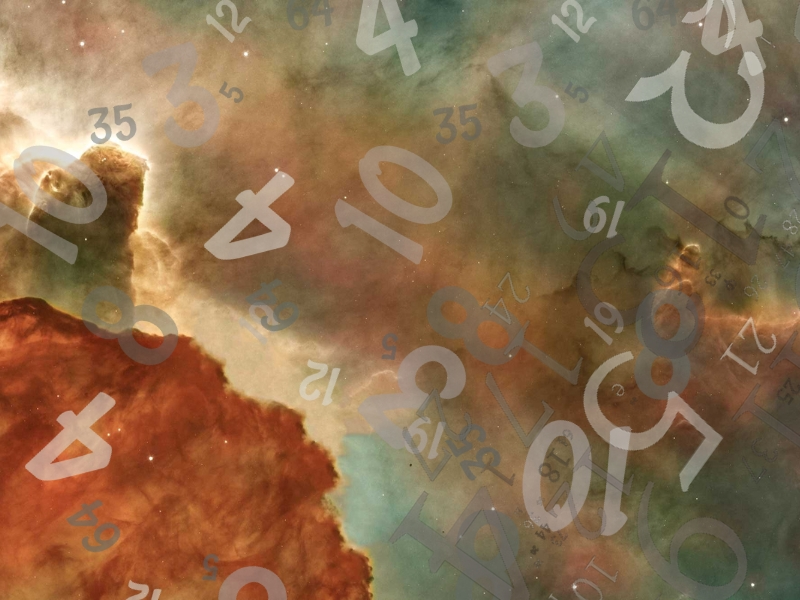Major depressive disorder, another name for depression, is a significant mental illness that has an adverse impact on your thoughts, behaviors, and emotions.
Extreme sadness brought on by depression may alter a person’s character and the way they treat others and themselves. Depression may make people feel alone and alienated, which can affect their connections with friends and family. This medical condition might cause further mental and physical issues and impair a person’s ability to carry out daily tasks at home or at work.
Definition Of Depression

Not all depressed folks wander around with a long face or cry uncontrollably. The signs include feeling unusually confused, forgetful, on edge, angry, upset, worried, or scared; eating or sleeping excessively or insufficiently; withdrawing from others and routine activities; having low or no energy; feeling numb or as though nothing matters; and considering harming yourself or others.
According to the UK advocacy organization Mind, “It starts as melancholy, then I feel myself closing down, becoming less capable of dealing. I eventually just feel empty and numb.
Additionally, depression frequently coexists with other medical conditions, such as chronic disease, anxiety, obsessive compulsive disorder, or schizophrenia. The word “dysthymia” is sometimes used to describe moderate, protracted depression that lasts for at least two years.
How Widespread Is Depression?

In recent decades, clinical depression has grown to pandemic proportions, moving from a condition that was mostly ignored at the periphery of society to one that is constantly in the headlines. It is prevalent in schools and executive offices, urban centers and refugee camps, farms and suburbia.
According to estimates made by the World Health Organization (WHO) in 2015, more than 300 million individuals worldwide—or roughly 4% of the total population—experience depression at any given moment. Compared to males, women are more susceptible to depression.
According to the study, depression ranks as the top worldwide disability and the tenth-leading cause of premature mortality (as opposed to bipolar depression). In the globe, two individuals commit suicide every minute, making it the second greatest cause of death for young people between the ages of 15 and 29.
The United States is the “most depressed” country in the world, closely followed by Colombia, Ukraine, the Netherlands, and France, while rates for depression and other prevalent mental health issues vary widely among nations. Japan, Nigeria, and China are at the other extreme of the spectrum.
Why Does Depression Occur?

Since those who suffered from mental illness were formerly thought to be possessed by the devil and were exiled from their communities or executed as wizards, things have changed for the better. But there is still a general misconception about the condition, notably the enduring cliché that those who are depressed should “buck up” or “go out more.”
Experts believe that a variety of variables, including genetics, altered brain chemistry, personality, and environment, contribute to depression. Often, two or more of these elements interact to cause depression or to exacerbate it. Depression may also be brought on by traumatic events, sadness, problems with money or a job loss, as well as significant life changes like divorce or being an empty nester. There are additional triggers that are less visible even if they may be the more well-known ones. Consider the following list of depression triggers.
Smoking

In a recent analysis of 148 studies, researchers discovered that, while over half of them revealed a link between smoking and depression, more than a third found evidence of the opposite. So, the precise connection is yet unknown. Your body must adjust to not having nicotine after quitting smoking. These “withdrawal” symptoms, which include depression, anger, and mood swings, are common. Researchers have shown that quitting smoking is also associated with an increase in depression, but that if you maintain your tobacco abstinence, the sadness may tend to get better.
Seasonal Changes

A kind of sadness associated with seasonal fluctuations is known as seasonal affective disorder (SAD). According to the National Institute of Mental Health, SAD normally lasts four to five months every year and starts and finishes around the same periods each year. According to the American Psychiatric Association, 5% of Americans suffer with SAD. Although the disease is most frequently linked to the cold, some people do suffer it in the summer.
According to Alfred Lewy, MD, professor of psychiatry at Oregon Health and Science University, warm weather melancholy develops when the body has a “delay responding to new seasons.” He claims that the body has a difficult time acclimating instead of awakening and relishing mornings, which may be brought on by abnormalities in brain chemistry and the hormone melatonin.
Bad Sleep Patterns

It should come as no surprise that restlessness may result from not getting enough sleep—or enough quality sleep. But it could also make depression more likely.
One sleep issue that has been connected to depression is insomnia, sometimes known as having difficulties sleeping or staying asleep. Obstructive sleep apnea, which occurs when you briefly stop breathing while you sleep, and hypersomnia, which causes significant daytime sleepiness, have both been linked to depression. If you don’t get enough sleep, your brain doesn’t have time to repair itself, it stops working properly, and sadness is only one of the many things that might result.
Too Much Use Of Social Media

Social media and technology have made it feasible to communicate with people virtually. People no longer need to interact in person to communicate in today’s world. Instead, they may communicate by text, email, phone, or even video chat. This development has had an impact on how we communicate with one another. Social media facilitates communication with anybody who also uses it, but it also emphasizes the value of approval from online peers.
People now place a lot of importance on how many likes, comments, and shares their article receives. In order to feel good about themselves, social media users are increasingly very dependent on the opinions of their online peers.
Social media provides a forum for people from all over the world to discuss their mental illnesses. This resource wasn’t always available, and talking about mental health in public wasn’t always a popular issue. Along with the peak in cases of severe depressive illness, there is now open discussion of the topic without interference from social or environmental constraints.
When To Consult A Doctor

Discuss your worries with a doctor or a mental health expert who has experience working with such people if the signs and symptoms of depression persist, start to interfere with your life, or make you worried about suicide or your safety. Start by consulting your pediatrician or family physician.
Without treatment, depression symptoms are unlikely to improve on their own and, if left unattended, may even deteriorate or cause additional issues.
Conclusion
The data shown above demonstrates the causes of the high prevalence of depression. It is really important, and one should never ignore such matters.









